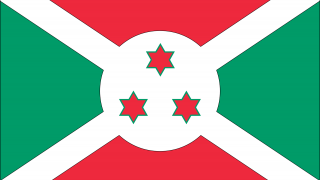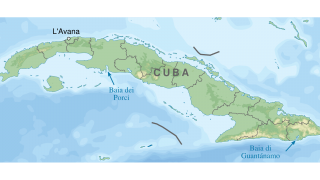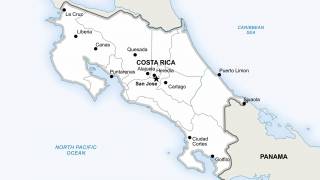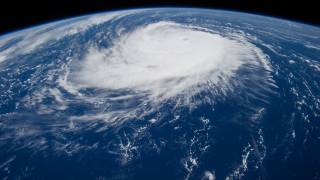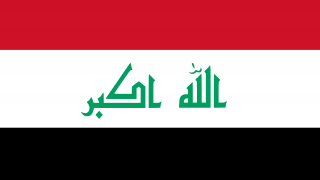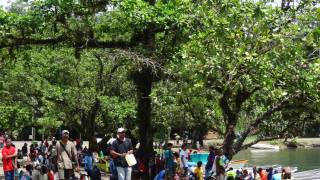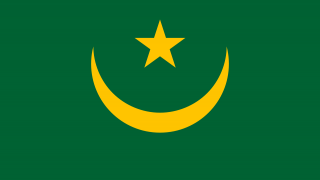Cuba's Doctors Depart Ecuador

The initial group of doctors returned to Cuba from Ecuador on November 19, 2019, days after an agreement between the countries was terminated.
According to reporting by eldiario.es, about 382 Cuban doctors were working in 23 of the 24 provinces of the Republic of Ecuador.
The change of agreement was announced on November 12th by the Ecuadorian Minister of Interior, María Paula Romo, who said ‘Ecuador would not renew the various bilateral agreements with Cuba in the area of Health.’
Cuban medical cooperation in Ecuador began in 1992 and was consolidated in 2009 with the signing of a Framework Cooperation Agreement.
Since the beginning of this collaboration, some 3,565 Cuban health professionals have worked in Ecuador, have performed more than 6.7 million medical consultations, 212,360 surgeries and applied a large number of vaccinations, according to this news report.
The 2008 Constitution laid the groundwork for a new health system based on 3 pillars: the right to health, guaranteed by the State; a primary care-based system; and the establishment of an integrated public network of health services provided free of charge.
The Ecuador Ministry of Public Health is responsible for regulating, enforcing, and controlling all health-related activities in the country, as well as operating all entities in the sector.
A major public health achievement of Ecuador has been the elimination of onchocerciasis, known as River Blindness. n 2014, Ecuador was certified free of this disease.
Recently, on November 7th, the U.S. Department of State updated the Republic of Ecuador Travel Advisory, to include Level 4 Travel Advisory warnings.
The additional ‘Do Not Travel’ warnings were for the Carchi, Sucumbíos, including Esmeraldas city in Ecuador’s northwest section.
The US State Department said ‘serious, sometimes violent, civil unrest occurred throughout Ecuador in October 2019, disrupting inter-city, inter-provincial, and international travel.’
The U.S. government said ‘it has limited ability to provide emergency services to U.S. citizens in the Colombian border area, as U.S. government personnel cannot travel to the provinces of Esmeraldas, Carchi, and Sucumbíos without special authorization.’
Furthermore, the U.S. Embassy in Ecuador also issued a statement saying ‘pickpocketing, purse snatching, and theft of travel documents are the crimes most commonly committed against U.S. citizens.’
Ecuador is a country located in northwestern South America, bordered by Colombia on the north, Peru on the east and south, and the Pacific Ocean on the west. Ecuador has about 16 million residents and includes the Galápagos Islands in the Pacific Ocean.
Ecuador is one of the most environmentally diverse countries in the world and enjoys a thriving tourism industry, previously welcoming nearly 1.6 million tourists in 2017.
If you decide to travel to Ecuador, the State Department suggests enrolling in the Smart Traveler Enrollment Program to receive Alerts.
And, should U.S. citizens need assistance when in Ecuador, they can request assistance at these locations:
- U.S. Embassy Quito, Ecuador +(593)(2) 398-5000
- U.S. Consulate General Guayaquil, Ecuador, +(593)(4) 371-7000
- State Department – Consular Affairs, 888-407-4747
From a health perspective, visiting Ecuador posses some potential challenges.
Seasonal changes are a major determinant of infectious disease rates, including arboviruses spread by mosquitoes, such as dengue, chikungunya, and Zika. Seasonal patterns of disease are driven by a combination of climatic or environmental factors, such as temperature or rainfall, and human behavioral time trends.
Chikungunya virus entered the country in 2015, with 33,643 cases and 2 deaths. Zika virus was introduced that same year.
During May 2019, the first report of long-term Dengue fever seasonality in Ecuador was published. The study's data exhibits annual peaks in Dengue fever diagnoses, occurring in mid-March.
And, coastal Ecuador exhibits significant annual and 2-year peaks in Dengue incidence.
This trend may include 2019.
Recently, the Pan American Health Organization (PAHO) reported 2,733,635 confirmed Dengue Fever cases and 1,206 Dengue-related fatalities, as of November 11, 2019.
To alert international travel of their potential health risks, the U.S. Centers for Disease Control and Prevention (CDC) said on June 18, 2019, to ensure you are up-to-date on several Routine Vaccinations prior to visiting Ecuador.
Additionally, the CDC suggests Yellow Fever, Hepatitis A and Typhoid vaccinations prior to visiting Ecuador.
Ecuador travel advisories are published by Vax-Before-Travel.
Our Trust Standards: Medical Advisory Committee
- First group of Cuban doctors returns from Ecuador after the end of agreements
- Ecuador announces it will not renew contracts of Cuban doctors
- US Department of State: Ecuador Travel Advisory
- High-Level Travel Advisories Issued For The Republic of Ecuador
- CDC: Health Information for Travelers to Ecuador, including the Galápagos Islands








